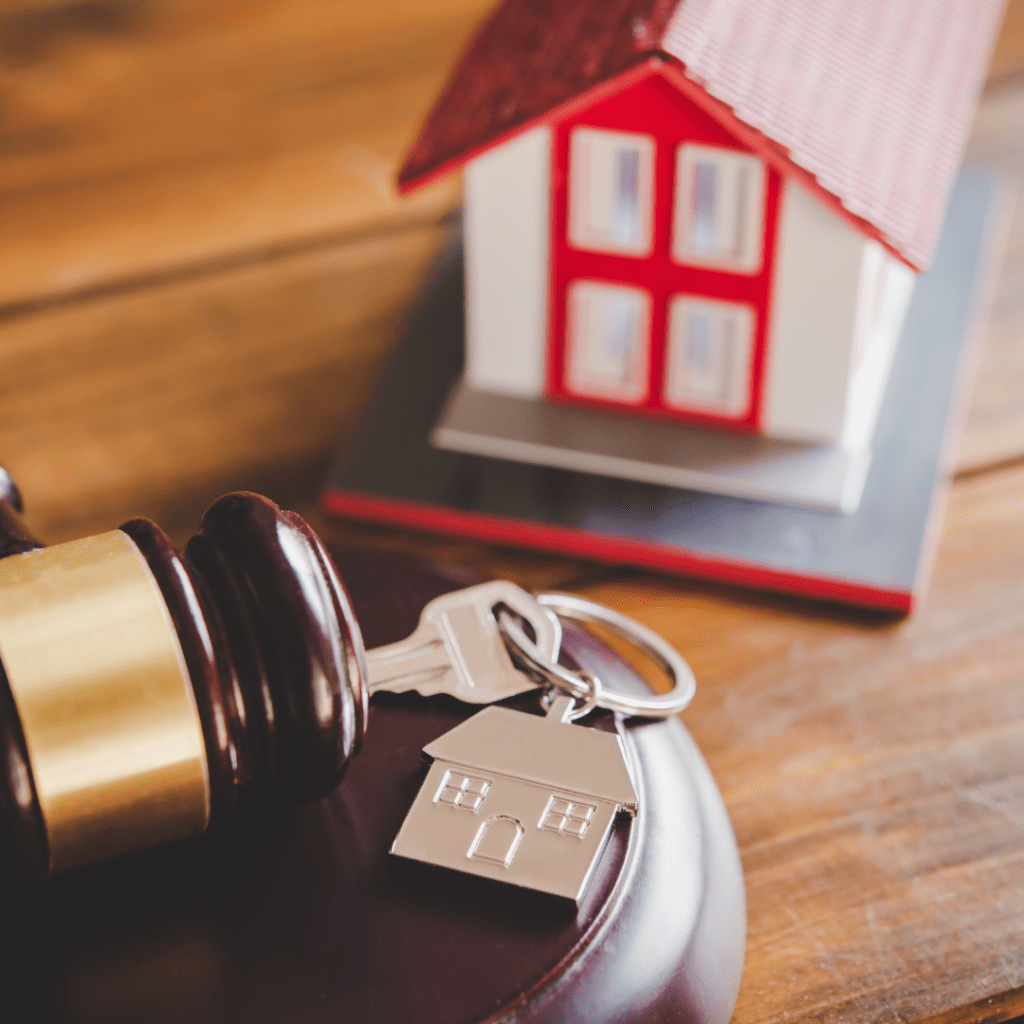

Sometimes things will happen in life, and a creditor (someone you owe money) will obtain a judgment in court for a dollar amount against you. The creditor will then record the judgment in the county where you reside. If you own real estate in that county, the judgment will attach to the property, and will make it difficult for you to sell that real estate without first paying that judgment.
What happens, however, when the property you own is your primary residence?
In Florida, your primary residence benefits from Florida Homestead exemptions. Florida homestead exemption is a constitutional law that exempts a resident’s homestead property from levy and execution by judgment creditors. Under Article X, Section 4 of the Florida Constitution a judgment creditor cannot force the sale of the debtor’s homestead to satisfy a creditor’s money judgment.
Here is where Florida Statutes section 222.01 come into play. Section 222.01 provides in part:
The clerk of the court shall then “mail a copy of the notice of homestead to the judgment lienor (the creditor).” §222.01(3).
After this, the creditor will have 45-days to file start an “declaratory action” to “determine the constitutional homestead status of the property described in the notice of homestead or to file an action to foreclose the judgment lien.” §222.01(4). A “declaratory action” is essentially, a lawsuit, seeking a declaration from a judge that the property is not your homestead. If the judgment creditor fails to file an action within 45-days, the judgment creditor lien “shall be deemed as not attaching to the property by virtue of its status as homestead property.” Id.
As seen, Florida has strong protections for property that is your primary residence under Florida Homestead laws. Make sure you consult with an experienced Florida Real Estate attorney in case you have creditors trying to place lien or foreclose on your property.
For more information about real estate law, contact a real estate attorney in Miami at Ayala at 305-570-2208.
You can also schedule a consultation online at https://www.lawayala.com/consultation/.
You can also email directly real estate lawyer Eduardo A. Maura at eduardo@ayalalawpa.com